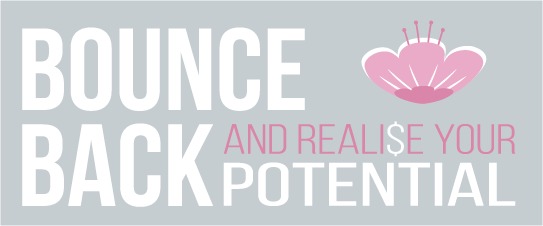Let’s Talk about Health
So, you’re on a diet? Your new year resolution is to lose a few kilos. Mine too! I’d like to lose the 5kgs that Covid helped me put on. That’s quite easy isn’t it? Well, in a sense it is. All you have to do is reduce the number of calories going in to your body and increase the amount of exercise so that output is greater than input. Correct? Problem is, as I’ve got older, I like food and wine more than I like exercise!! Still, it is still a goal of mine to make a few lifestyle changes to improve my health and wellbeing as I age. Having parents in their late 80s and early 90s both with Alzheimers and Dementia has made me acutely aware of my future mental state. I have learned that eating a good Mediterranean diet can improve mental sharpness and can reduce so many illnesses that it makes perfect sense.
But what about our financial health? If we can improve our physical health following some easy steps then we can sure make the same improvements in our financial health. It’s as simple as ……. You got it …….1, 2, 3.
So when we are managing our physical health, as I mention above, we reduce the number of calories we eat. When we are managing our financial health, we need to reduce our outgoings and increase our incomings, increase our savings and decrease our debt. Makes perfect sense doesn’t it? It’s as simple as …….
Let’s have a look at my top 10 ways of improving your financial health.
- Know Your Numbers – know what is coming in and going out and monitor it. Make adjustments where you can. You need to be able to understand where you can cut costs and where you can save.
- Have a budget – call it what you will – some people don’t like the word budget because it feels restrictive. Change it up and call it conscious spending.
- Track your Spending – download an app and enter everything you spend for a month so you can see where your biggest expenses are and those that aren’t necessary. You can also do this in a notebook.
- Review your subscriptions. Do you have all the streaming services but only use one or two? Can you cut back and save yourself regular monthly payments? What about the phone apps like Calm, Spotify, Apple Music, Fitness Trackers? There are so many and often we forget that we’ve subscribed until the payment comes out again.
- Make a shopping list and stick to it. Doing a meal plan for the week also stops that impulsive spending and makes sure that you save time and money.
- Set Goals – you might be saving for a house and that seems like a goal that is so far away and off in the distance. Set smaller goals like, saving $1000 then another $1000 then $5000 and it will gradually build up.
- Reward yourself. It’s really important to give yourself a pat on the back when you’ve done something great like saving money or paying off debt. I don’t mean to go and spend a whole heap more as a reward, but do something nice for yourself. Like a picnic in the park. Or lunch with a girlfriend that doesn’t break the bank. You deserve to recognise your achievements.
- Follow the 30 day rule. If you are out shopping and feel the urge to buy something, think about it for 30 days and if you still desperately want it, buy it but you will find that it will often not be on your radar anymore.
- Pay by cash. Yes, studies have shown that people are far more resistant to spending if they are actually using cash as opposed to using a debit card. It’s a psychological thing but it feels good to hold on to the cash.
- Set up automatic payments and pay your bills monthly. This will spread the load of the bills and give you a better sense of your money and make you feel much more organised.
Let’s make 2022 the year we care about our financial health. There’s no better time to start then now.



